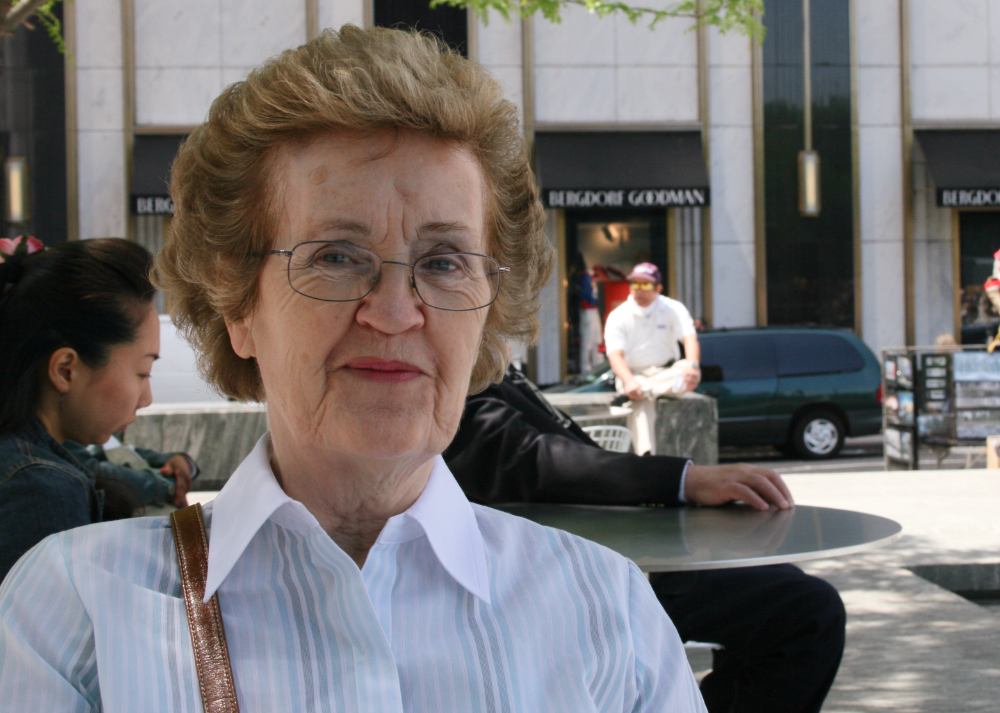It’s quite possible that I have now spent more time in primary schools as a visiting author than I did as a pupil. I think it’s a privilege to be invited into a school, and so it’s also quite certain that I put more effort into it now than I did back then. This may, admittedly, also speak to how my own school was rather poor and it definitely speaks to how I was a rubbish pupil.
But you’re just wondering whether this means that my putting “taut” into the title was because I didn’t learn to spell. The tautness is actually a reference to the tension in my stomach and how I felt last Tuesday at about 11:58 when I had to keep 30-odd pupils fully engaged for another 17 minutes before their lunch break. And when, in all truthfulness, I was dead in the water.
It was wonderful. You’ve got to let me tell you about this.
Well, that precise moment when I was feeling sick with worry, maybe that wasn’t exactly wonderful. But the reason I was in that position definitely was.
While I don’t get to do these often, when I do, I am in a school to run a writing day for maybe half a dozen pupils from that school plus the same number again from each of three or four other places nearby. Each school sends its best writers to one host site and I work with them all together.
This Tuesday, though, there was sudden and heavy snow that was sudden enough and heavy enough that I wondered whether the day would be cancelled — and so did the staff at the host school, so did some of the parents I passed on the way in. Obviously the staff knew their own school was open, but they didn’t know about the others, and you try phoning a school first thing in the morning when they are dealing with hundreds of children squeezing in.
So I’m there with six pupils from the host primary school looking at me, and no sign of any others with no sign of whether there were going to be any others.
I have this thing I always start with, an exercise that is sufficiently fast that it gets us going. It also has us all talking, it has people sharing work, and I load it up with things like the fact I don’t care how slow or fast anyone writes. That bit helps pupils who aren’t quick or are nervous and it’s a great idea, I believe I thought of it, and I know that I’ve used it very many times — just not this time.
Plus I have practically the opposite, I have a tiny exercise, the kind of thing you keep in your back pocket for emergencies. It was in fact exquisitely right for those 17 minutes, but I’d had to spend it already. I done it with those half dozen pupils from the host school to fill time while we waited for the others. It worked, to the extent that they were occupied and just about as they were finishing, another school came in. Then another. Then a – no, that’s not a school, that’s a hassled-looking parent: the school was also running an open day.
I did get everyone, I did get all the pupils from all of the schools plus one or two adults from each. There was, though, a mix up over the address of the school, which turns out to have two buildings that are sufficiently far apart that it was a problem. Snow, distance, time, pressure, the pupils from some of the schools finally got to me sodden with damp coats.
When all but one school was there, I tried this great opening idea that I’m so proud of. But I got to run about a quarter of it, I got to start it more than an hour late, and it was working for the four out of five schools who had made it there — and then partway through, the last school arrived.
The host school let me move a break back a few minutes so that I could get a decent head of steam up with the great opening idea and scoop up the late arrivals into it, but then when the break was over, I abandoned the rest of that exercise. Instead, I launched into another one that’s also usually long. It gets the pupils from different schools mixed together — and it’s brilliant when you see two of them making fast friends — but to get it done, there’s pairing up people, there’s telling them what to do, I was halving the time I usually spend just to get it all done.
And then that exercise was done, I had run this as far as it would go and the feel of the piece, the feel of the day, it meant slashing away at the end of that piece while keeping the bits that I needed to set up the afternoon. Somehow instead of the morning’s writing exercises running 90 minutes long, I was left 17 minutes short.
Nothing.
I had nothing.
Except because of the various delays, the teachers and teaching assistants from the other schools had been only quickly signed in that morning. Five of them were asked to leave the room and, I learned later, fill out whatever extra forms they were supposed to.
But in that moment, we knew none of that and all we saw was five adults being marched out of the room. You know where this is going: I asked the pupils to just write me a story about why these adults had been taken out. I expect you also know that the pupils’ stories concluded that the adults had been very naughty and were now being told off.
And I could have applauded those adults: without being told what I’d done, they got it and all of them put on guilty faces for me when they came back.
I hope you’re okay with me bubbling away at you like this. In a quite tough week, this was sunshine and exhilarating and besides, there’s a scary bit left.
The afternoon session in a school, at least the ones I’ve visited, is a single unbroken run of about two hours. That’s a tough one to fill, I find, but again I have an exercise and it always works, always takes the whole two hours, always results in some great stories being written. I believe so, anyway, I believe it works well.
What I know for sure is that it takes two hours. On Tuesday, not so much. Lunch was longer than I thought — I’d just written the wrong times I think — but also the pupils from other schools who’d travelled to this one will of course have to get back. This is always the case, my two-hour plan always fully recognises this, but it was more so this time because of the weather. Much more so.
So with a longer lunch and an earlier finish to accommodate these other schools, I didn’t get two hours. I got one.
Knowing this was happening, I walked into that room after lunch still not knowing whether I could swap out this exercise for something else, or try to run it faster.
But I couldn’t think of a decent alternative. So, wow, did I run it faster. I chopped the whole first hour down to twenty minutes and then sped up the ending too.
I think it worked. As I stood there with pupils wanting me to read their stories and even pose with them for photos, I felt that it had worked. I never know. But I thought it worked.
I thought so enough that look at me: days later I am still full of myself. That’s a little foolish of me because of course no adult from outside the school is ever left unsupervised, is ever left alone to run a class. While I was prattling away and thinking I’m clever for not doing exactly the same show I do every other time, the staff of the school were run ragged. In the middle of juggling what for them was chaos, in the middle of not being able to get on with all they were usually supposed to, they still made it fantastically easy for me.
It’s like I told them. I show up, cause a ruckus, and then get to spend the next day recovering — while they go right back in again and again.
And like I told you, it is a privilege.

